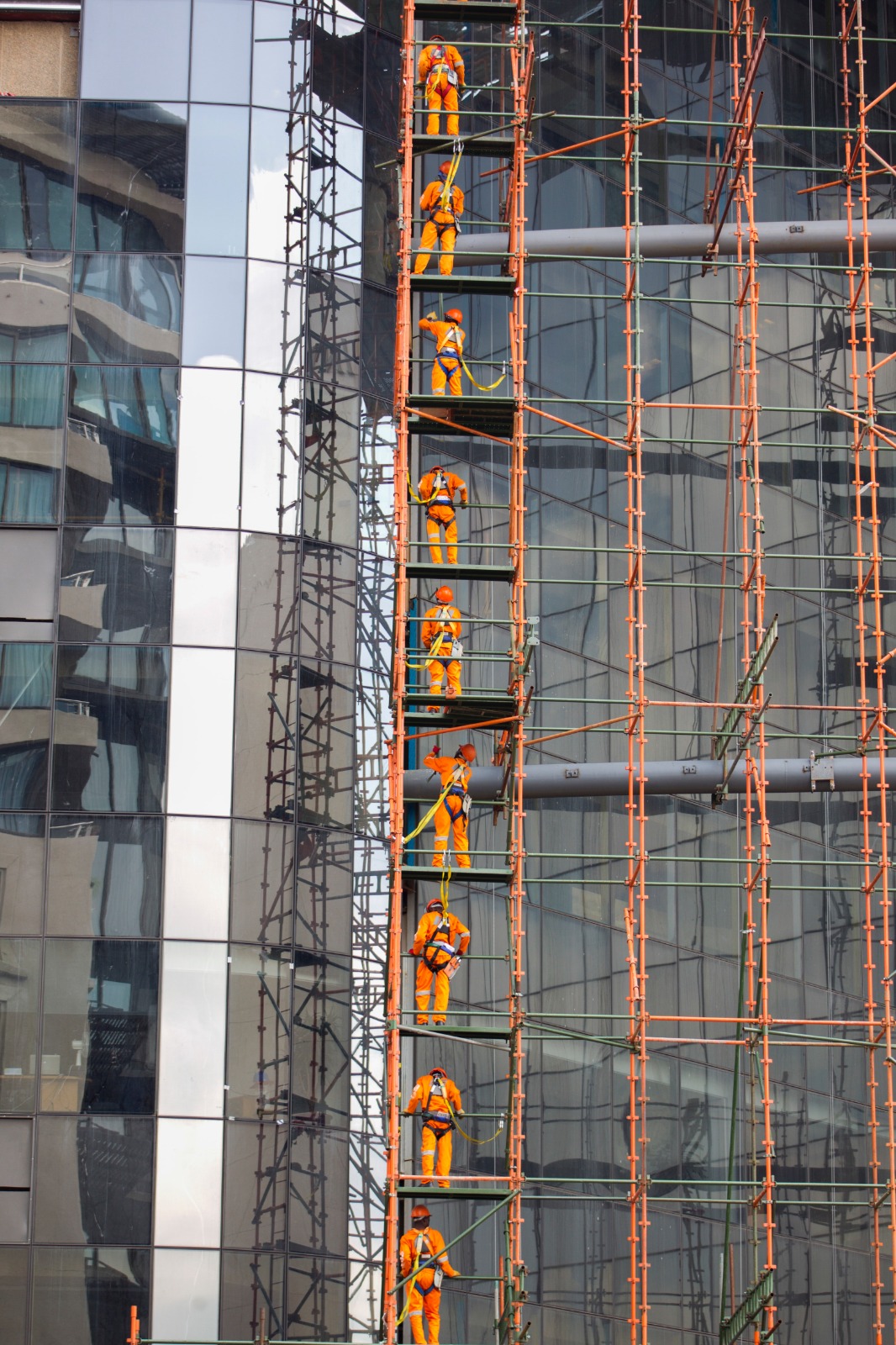Some interesting facts have emerged from the recent developments in the NZ immigration sector. One that has intrigued me is why wasn’t there any intra-departmental communication and knowledge-sharing between the two important Government organisations on a vital topic of National interest— Immigration? Especially when both organisations were working towards achieving the same goal— the well-being of New Zealanders.
On the one hand, the Productivity Commission was conducting an inquiry into what immigration policy settings would best facilitate New Zealand’s long-term economic growth and promote the wellbeing of New Zealanders. On the other hand, around the same period, Immigration New Zealand was busy preparing its accreditation policy tying the migrants to specific employers.
The Commission published its preliminary findings and recommendations in November 2021. It was around the same time INZ had deferred the new Accredited Employer Work Visa (AEWV) policy to mid-2022.
It would seem that the inquiry of the Productivity Commission and the planning around the employer’s accreditation policy by Immigration NZ were running concurrently without one party knowing the progress being made by another. A classic case where the left hand didn’t know what the right hand was doing! Otherwise, the findings and recommendations of the Productivity Commission would not have contradicted the provisions of the new accreditation policy of INZ.
If things were to be addressed meaningfully, I don’t see any reason why the two vital components of the NZ Government machinery could not have shared their views and operated in conjunction with each other. After all, it was the wellbeing of New Zealanders that was at stake, wasn’t it?
Regardless, considering the outcome, it is safe to assert that amidst the kerfuffle neither stakeholder (neither the employer nor the migrant) seems to be smiling. Which leaves us wondering— for whom were the changes actually meant?


